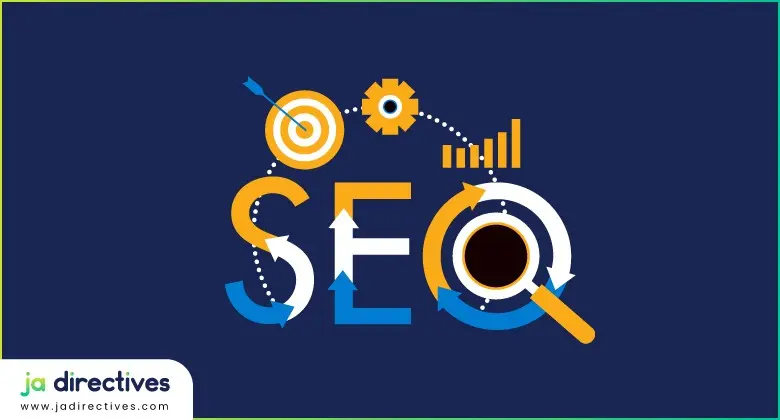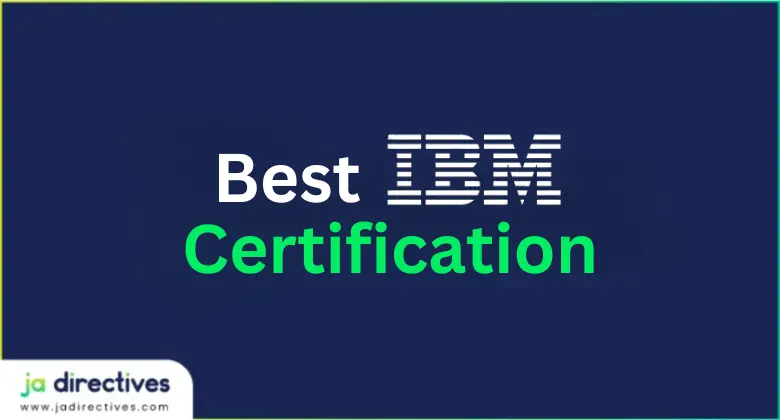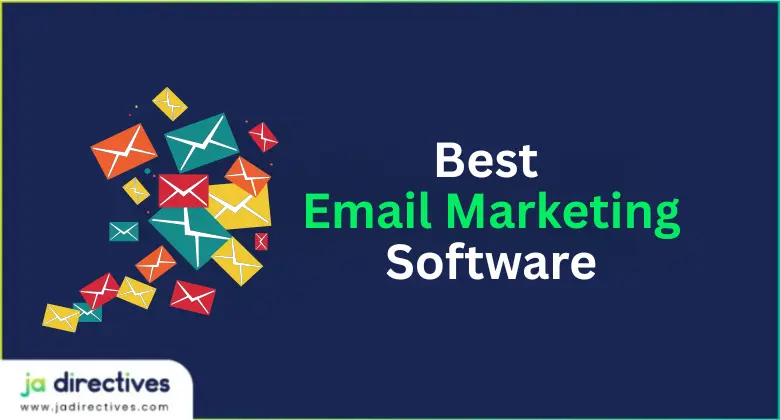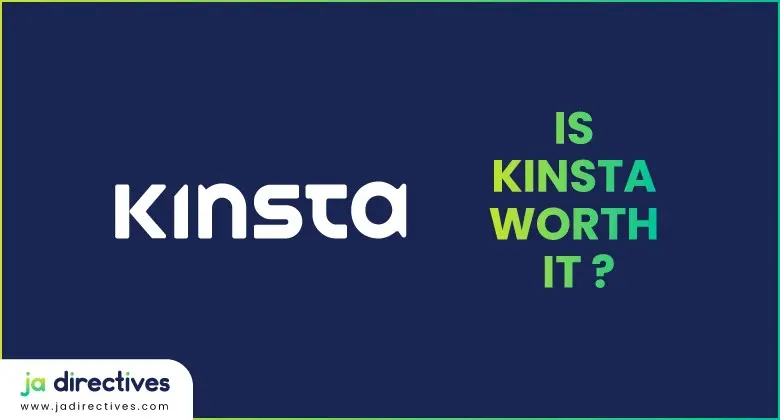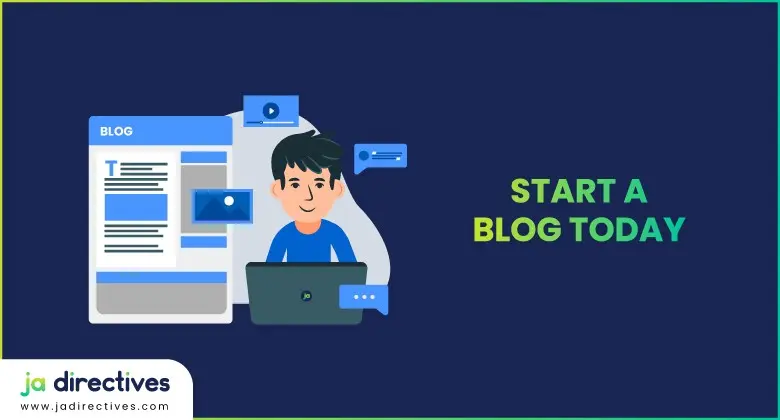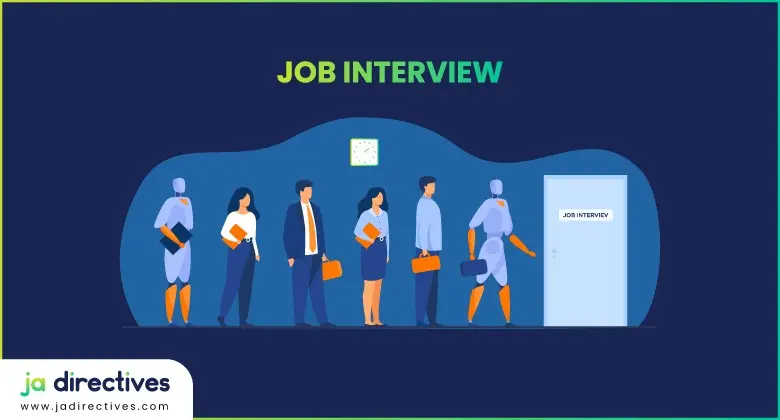
14 Simple Steps To Prepare For a Job Interview 2025
Definition-wise, a Job Interview is a meeting where the recruiter decides if you are suitable for the job from the answers they particularly ask.
But when comes to the preparation of attending a job interview, it is more likely to be perceived as an exam. The old-school nervousness before the exam happens to you here too.
You are more likely to panic. Some people do keep relaxing though. But it’s always better if you can make an interview preparation checklist which may lead to success.
Here are some simple steps to prepare for a job interview. By no means, underestimate these silly interview preparation tips and tricks.
Some of them might seem way too easy but are yet to be taken seriously. Because, as easy as it might seem, these simple ones will lead to a very good interview of yours.
14 Simple Steps To Prepare For a Job Interview 2025
So, let’s get started to learn about 14 Simple Steps To Prepare For a Job Interview.
1. Select the Dress
First things first. The moment you enter the interview room, your dress code will be noticed at the very beginning. So, prepare your professional attire. Iron it if not done, immediately.
Try to wear some of the common business dress colors- Blue, Grey, and Black. It’s okay if you’ve something smart in other colors but make sure those are professional too.
Don’t even miss to keep your shoes ready. Because when your outfit is prepared for the next day, preparation for the first impression is ticked from the list.
Thus the first step is completed and you can feel relaxed about completing a part of your impression.
2. Prepare the Necessary Documents
Some jobs require you to take your resume with you in the interview and some other documents too. Enquire if you need to take them and prepare them for a nice file.
Keep it visible on your table so that you don’t forget to take it before you go out of the house.
Even if the interview doesn’t require a CV from you, take a printed one with you while attending the interview. Why is this important?
Remember, there’s a very high possibility that the recruiter who screens your CV and the interviewer is not the same person.
And the sad truth is, often the interviewer doesn’t have an idea about your CV at all. So better to take a printed form and provide it to the interviewer.
3. Mental Preparation
Calm down. Take deep breaths. Do not panic or do not overthink the interview. Think of it as a formal conversation (which it is actually, to some extent).
You’ll be just having a conversation about yourself. That’s not that hard, is it? Relax. Even if watching a movie or talking to a friend relaxes you, do it.
Are there times when you wanted to say something and you know the exact answer but your words get jumbled in front of the interviewer? Do you know why it happens?
Yes, nervousness and in the case of many people, the constant fear of “what the interviewer will think of me? Am I doing okay? Am I disappointing?”
That’s why it is very important to remain calm and relaxed. Every people have their way of pacifying themselves. Find yours and make sure to maintain the tranquility.
4. Browse the Common Questions
Common questions are asked. Search the very common questions asked by the recruiter. There are many articles regarding the favorite question of the recruiters.
This little research might take some time but it is sure worth it. You’ll at least know what questions you should be expecting. That will ease you up and might reduce your tension too.
Tips: Make sure to use the correct keywords in the search engine. For example, “Common questions asked in the job interview”; “Difficult questions in the job interview” etc.
5. Prepare Your Answers
When you browse questions, you naturally tend to look for answers too. I would highly suggest do not memorize the internet answers.
If you can find answers on the internet, so can the interviewers and the moment they’ll hear your ‘ready’ answers, they’ll recognize and might judge your originality.
Sure you can look into the answers to the common questions on the net but just make an idea out of those. Do not copy those.
For example, the reply to one of the most common questions- Why should we hire you? can be easily found on google.
However, instead of using those googled replies, make a reply of your own, like, “Because I meet the requirements of the candidate you’re looking for and I’ve got the confidence to carry each of the tasks of the job responsibilities with my existing skills.”
P.S- This reply example is just for an idea of how to answer, make sure to prepare a reply of your own!
6. Positive Words
This step requires only your mental preparation. The use of positive words enhances your confidence and positivity within you. Just decide within yourself that, whatever you are going to answer, you’ll answer with positive words or a positive attitude.
Keep the use of won’t, can’t, no to a minimal amount. Even if they ask you about your weakness, answer it positively, like you’re an improvement-driven person.
7. Questions for the Interviewer
As mentioned above, think of the interview as a formal conversation where both sides can talk. So yes, you can ask the interviewer some questions too.
For example, what are the HR facilities you’ll get as an employee? what is the performance appraisal reward if your performance meets the extraordinary mark?
Asking questions shows that you’re interested and keen to know about your job. Good questions can create a good impression on the interviewers. So, prepare some(not many!) questions to ask the interviewer.
Beware of the questions you ask. Your impression also depends on the way you ask questions too.
For example, asking direct questions like “When will I get promoted? or “When will my salary increase?” might result in an impression that you’re desperate for an increment rather than the original job.
Instead, you might ask, “When can I expect my promotion provided that I perform consistently well?” It shows that you’re willing to perform your best in return for a good opportunity.
8. Research the company
This is a must. You don’t have to memorize their ins and outs. Just visit their website, know their core business, how long they’re in the market, their mission, vision, and their values, and look at the pictures provided on the website too.
You can get a rough idea about their organization, their culture, and what they might be needing from their employees.
You can reshape your preparation according to the firm’s organizational needs.
9. Revise the Job responsibilities/job requirements
This will help you to prepare your answers to most of the questions. Match the prepared replies about your qualifications with those of the requirements.
You’ve to convince the interviewers that you’re the right candidate for the job and you’ve got the skills to perform the task provided in the job responsibilities.
And once the interviewer notices that your answers match the requirements, they’ll get the impression that you’re the right candidate and you’ve got the idea about your job. Points added to you!
10. Ask acquaintances
Try to contact your friends or acquaintances who have attended interviews. Since they know you and they have experienced the same fear or nervousness, they can give suggestions according to your requirements.
11. Sleep Early
If you don’t want any sort of tiredness blooming on your face or those dark circles under your eyes, you should sleep early. Your interview might be during the afternoon or in the evening.
Still better to go to bed early. Give your brain the rest it needs. Don’t waste your energy on unnecessary panic.
12. Start Early
It doesn’t harm if you reach the interview session 10-15 minutes early. Waiting in a particular zone will help to prepare yourself for the one last time.
Moreover, being late might give them a negative impression at the beginning and will also cause your agitation.
13. Have food!
Yes, you read that right. Do not attend an interview on an empty stomach. Appetite may cause you to distract from your focus on remaining calm during interview sessions.
Sometimes, the interviewer asks questions to test your patience or more importantly, to test your emotional intelligence (EQ). In such cases, an appetite may cause your cranky mood and you may react where you shouldn’t.
14. Last Minute Preparation
Finally, you’re in the waiting area. It may be your call any minute. What will you do? Relax. Yes, that’s what you’ve to do. Do not overthink.
Think positive. Keep a smiling face. Keep your hand palms dry. Use a tissue if it becomes sweaty. You can check the restroom mirror one last time, to see if your hair is okay and your makeup is to the point (in the case of a female).
May use perfume but make sure it’s not too strong.
You can make small conversations with the other candidates if it helps. Or you can look at the surrounding, and observe the office area.
Keep your mind distracted from nervousness. You have your ways of remaining confident. Implement those.
After Note
Hope these simple quick tips and steps to prepare for a job interview will help you. Best of luck with all the coming interviews.
Your interview might be excellent or the interview might be bad. However, do not just wait for the company to call you. Meanwhile, note down all the mistakes you did in the interview (if any).
Discuss your interview with friends or acquaintances. They might help you point out your mistakes. Also, note down the questions you couldn’t answer and prepare the answers.
The same questions might be asked in other interviews. Do not be disheartened if you screw up. People learn from their mistakes. Be positive and hopeful for yourself!
You May Also Like:
- The Story of Building A Global Conglomerate From Scratch 2025
- 15 Internship Challenges Every Intern Face as a Newbie in Office 2025
- Foundations of Positive Psychology Specialization Coursera Review 2025
- 7 Best Product Management Certification Online for Managers 2025
- 20 Good Reasons For Leaving a Job in 2025
If this post was helpful, please share it with your friends, family, and social media so that they get this information as well!
Jamil Ahmed, CEO of Reinforce Lab. Pharmacist, with experience in numerous fields in Pharmaceutical Companies and also worked in several pharmaceutical companies for over 5 years in International Business.
Digital innovator, Personal Branding, Small Business, SEO Marketer, and Marketing Consultant. Named as the Top 3 Business Intelligence Marketing Influencer in 2018 by Onalytica. Top 20 eCommerce Online Seller & Influencer by SaleHoo and Top 8 eCommerce Influencer by FitSmallBusiness.
Regularly Share tips and tricks for effective Personal Branding, Digital Marketing, Social Media Marketing, Small Business, Entrepreneurship, and Technology Integration in Business by building relationships, and by telling stories.


